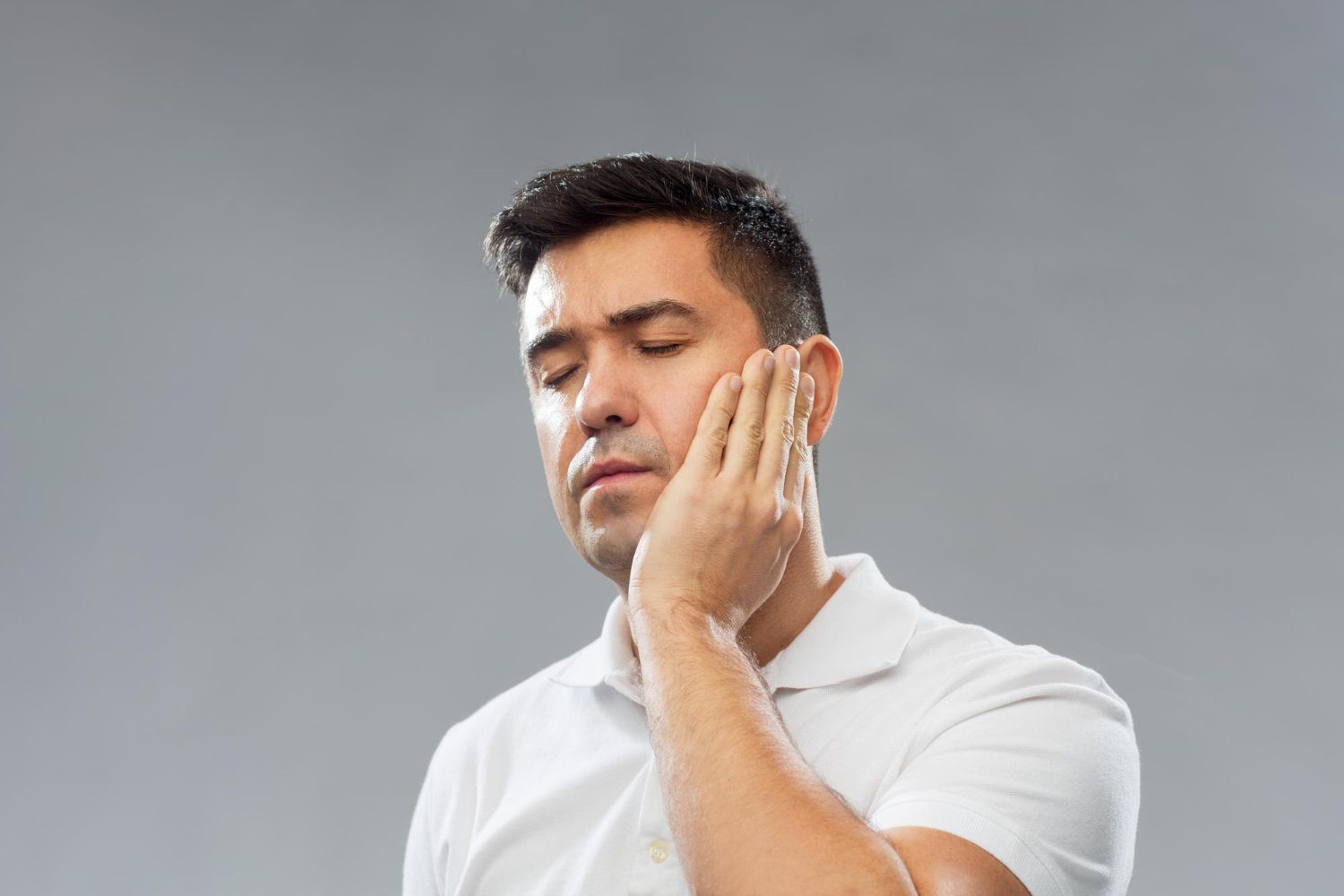Dealing with TMJ Pain in Meridian: Dr. Cameron Kuehne’s Tips

Dealing with TMJ pain can be a real challenge. This condition makes simple tasks like chewing or talking uncomfortable. Located where your jawbone meets the skull, the temporomandibular joint helps you move your jaw smoothly. When problems occur here, it’s known as TMJ disorder.
Dr. Cameron Kuehne at The Center for Sleep Apnea and TMJ in Meridian knows how disruptive this can be. He understands the causes and offers ways to manage TMJ pain effectively.
Whether it's due to stress, jaw injury, or other factors, finding relief is possible. Exploring the right lifestyle changes and home exercises can make a big difference in easing discomfort. Learning about TMJ and its impact can help you take the first steps toward feeling better.
Knowing when to seek advice is key to handling TMJ pain and improving your quality of life.
Understanding TMJ and Its Causes
TMJ, or temporomandibular joint disorder, happens when there's a problem with the jaw joint and muscle around it. This joint acts like a sliding hinge, connecting your jaw to the skull. Issues here can cause pain and dysfunction. TMJ disorders might be linked to various factors that can affect anyone.
Common causes of TMJ include:
- Jaw Injury: An unexpected blow or impact can disrupt the normal movement of the jaw joint.
- Teeth Grinding: Clenching or grinding, especially at night, adds pressure to the joint.
- Arthritis: Some people develop arthritis in the joint, leading to inflammation and pain.
- Stress: Stress might cause you to tighten facial and jaw muscles, which impacts the joint.
- Misalignment: When teeth don't fit together properly, it can strain the jaw muscles.
Dr. Cameron Kuehne mentions that understanding these causes can help create better ways to manage TMJ symptoms. Awareness of what's happening in the body allows us to take action to avoid triggers and reduce pain.
Dr. Cameron Kuehne’s Recommended Lifestyle Adjustments for TMJ Relief
Altering certain daily habits can ease TMJ pain and improve joint function. Dr. Cameron Kuehne suggests some useful lifestyle changes that help manage this discomfort more effectively.
1. Dietary Adjustments: Eat softer foods to minimize strain on your jaw. Foods like yogurt, mashed potatoes, and soup are gentle on the joints.
2. Jaw Rest: Avoid excessive jaw movements like wide yawning and chewing gum. Give your jaw time to rest and recover.
3. Relaxation Techniques: Practice stress-reducing exercises like yoga or meditation. These can help relax muscles surrounding your jaw.
4. Posture Awareness: Maintain good posture to reduce added stress on your neck and jaw. Keep your head up and shoulders back.
5. Avoid Extreme Jaw Movements: Skip actions that require wide jaw movements, such as loud singing or shouting.
Dr. Kuehne emphasizes that small changes in our routine can make a big difference. By adopting these adjustments, you can help lessen TMJ pain and lead a more comfortable life. These tips aim to promote long-term relief and support better joint health.
Home Remedies and Exercises for Easing TMJ Pain
Managing TMJ pain at home involves simple remedies and exercises that you can do daily. These strategies, recommended by Dr. Cameron Kuehne, help support jaw health and reduce discomfort.
Hot and Cold Compresses:
- Apply a warm towel to the jaw area to relax muscles.
- Use an ice pack wrapped in a cloth to reduce swelling and numb pain.
- Alternate between warm and cold for the best results.
Jaw Exercises:
Relaxation Exercise: Sit comfortably, let your jaw muscles relax. Slowly open and close your mouth.
- Chin Tucks:
Gently tuck your chin toward your neck, creating a double chin. Hold for a few seconds.
- Resistance Exercise: Place your thumb under your chin and gently push down as you open your mouth, providing light resistance.
- Stress Management: Engage in activities like deep breathing or meditation to keep stress levels low.
These remedies aim to relieve tension and improve jaw mobility. Regular practice can help you feel more comfortable in day-to-day activities.
When to Seek Professional Help from Dr. Cameron Kuehne
Sometimes, TMJ pain might need the expertise of a professional like Dr. Cameron Kuehne. Knowing when to seek his guidance is crucial to avoiding further issues.
Consider consulting Dr. Kuehne if:
Persistent Pain: Jaw pain that continues even with home remedies may require professional evaluation.
- Difficulty Opening Mouth: If you find it hard to open or close your mouth, this is a sign that needs expert attention.
- Clicking or Popping Sounds: These sounds are common but can indicate an underlying problem if they are painful.
- Frequent Headaches:
Chronic headaches alongside jaw pain may indicate TMJ disorder needs more than just home treatment.
- Swelling: Noticeable swelling around the jaw or face should be assessed by a specialist.
Meeting with Dr. Kuehne can provide you with tailored treatments to address specific symptoms. A professional assessment ensures you’re on the path to better health.
Conclusion
TMJ pain is a common issue that affects many people in Meridian. Understanding its causes and exploring solutions can bring significant relief. Whether you try home remedies, exercises, or adjust lifestyle factors, every step counts towards easing discomfort.
Dr. Cameron Kuehne's insights guide you through managing pain and knowing when expert help is necessary. Improving your quality of life starts with understanding your condition and seeking appropriate care.
Ready to take control of your TMJ pain? Dr. Cameron Kuehne at The Center For Sleep Apnea and TMJ is here to help. With expert advice and personalized TMJ disorder treatment in Meridian, you can address TMJ pain effectively. Reach out today to start your journey to a healthier, pain-free life!










